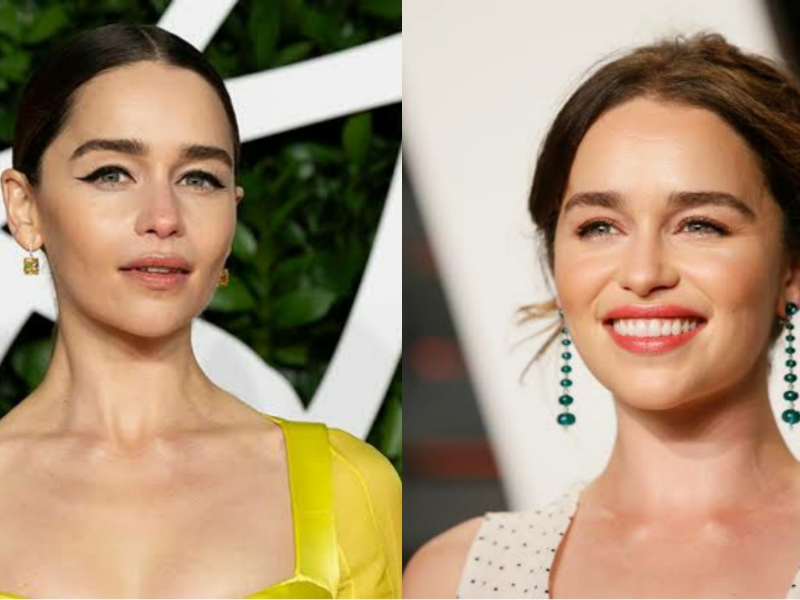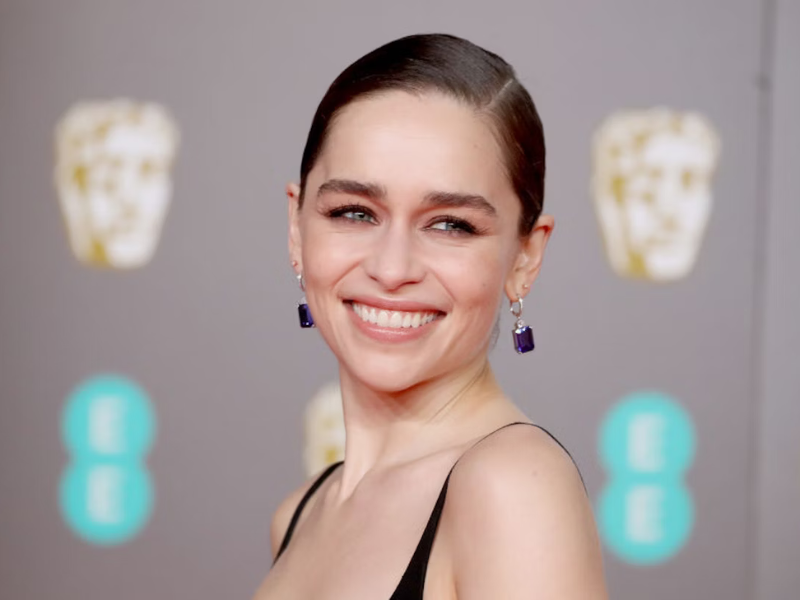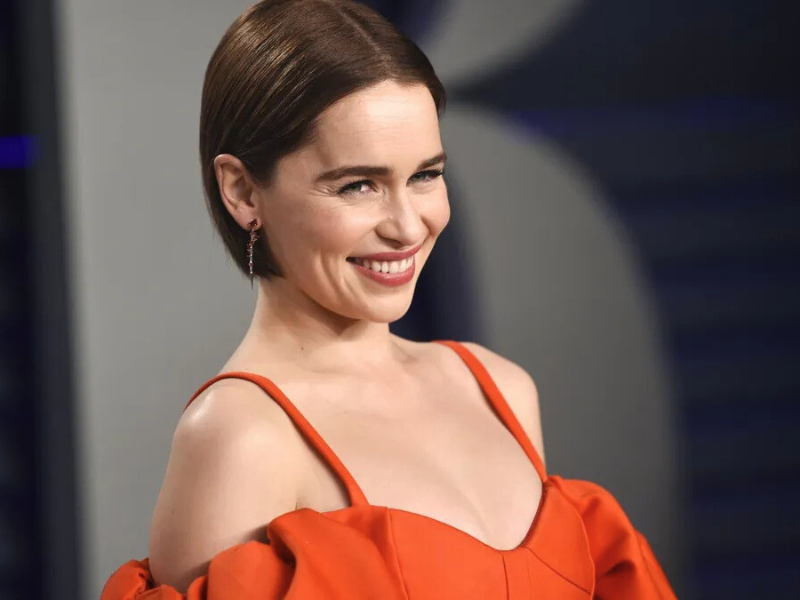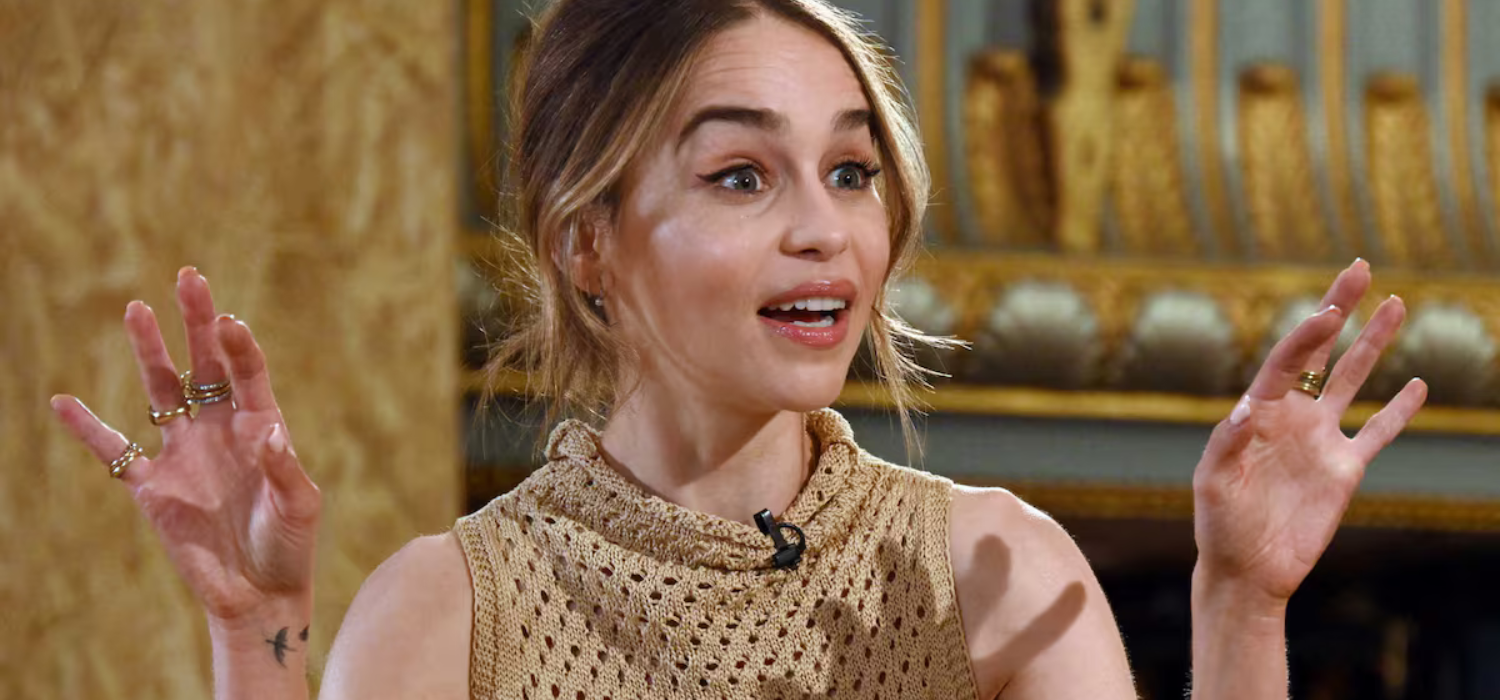Introduction: When the Spotlight Turns Intimate
Talk shows have always been more than just lighthearted entertainment. They serve as windows into the personal lives, vulnerabilities, and wit of actors who usually live behind carefully curated performances. For Britain’s finest actors, from legendary icons to contemporary rising stars, talk shows reveal dimensions rarely seen in films or stage productions. These conversations bring humor, honesty, and raw truth into the spotlight, creating timeless television moments that remain etched in the minds of audiences.
The British Tradition of Talk Shows
Unlike their American counterparts, British talk shows have carved their own identity. They thrive not only on celebrity promotion but also on banter, unpredictability, and shared laughter. From Parkinson in the 1970s to The Graham Norton Show of today, British talk shows focus on creating an atmosphere where actors drop their guard. Viewers are invited into a more casual and candid dialogue, where rehearsed lines often give way to genuine revelations.
Michael Parkinson: Setting the Gold Standard
Michael Parkinson pioneered the British talk-show format with a style that balanced warmth with incisive questioning. He invited legends such as Sir Laurence Olivier, Maggie Smith, and Anthony Hopkins, drawing out insights into their artistry and their humanity. Parkinson’s interviews emphasized respect for craft, offering audiences more than sound bites—they became masterclasses in performance and personality.
The Graham Norton Effect
Fast forward to the present, and The Graham Norton Show dominates the global stage as one of the most-watched talk shows. Norton’s format—seating multiple guests together on the famous red sofa—creates a conversational, party-like atmosphere. It often results in hilarious exchanges where actors riff off one another. For British stars like Benedict Cumberbatch, Daniel Radcliffe, and Dame Judi Dench, Norton’s show has provided opportunities for unscripted fun, transforming interviews into viral moments.
Moments That Defined British Actors on Talk Shows
Dame Judi Dench: Wit Beyond the Stage
Dame Judi Dench has become a beloved talk-show guest, known for her razor-sharp wit and warmth. On Graham Norton’s sofa, she has shared stories about forgetting her lines, navigating Shakespearean roles, and even cheekily recounting pranks played during filming. These appearances contrast sharply with her regal on-screen characters, showcasing her as approachable, humorous, and unapologetically authentic.

Sir Ian McKellen: Storytelling in Conversation
Sir Ian McKellen embodies theatrical mastery, but his talk-show appearances reveal the storyteller behind the performer. He has shared anecdotes about working with Patrick Stewart, reading Shakespeare in school halls, and even hilarious tales about fans mistaking him for Dumbledore instead of Gandalf. McKellen’s charm lies in his ability to make every conversation feel like a performance—equal parts entertaining and deeply human.
Helena Bonham Carter: Quirky and Unfiltered
Few actors embrace their quirks as openly as Helena Bonham Carter. In interviews, she often discusses her eccentric fashion choices, her collaboration with Tim Burton, and the challenges of playing iconic roles. On talk shows, her spontaneity shines—whether it’s playfully interrupting her fellow guests or poking fun at herself. Her presence exemplifies the value of candor in these settings, where the unexpected becomes the highlight.
Benedict Cumberbatch: Balancing Wit and Depth
Benedict Cumberbatch has become a talk-show favorite, blending intellectual reflections with humor. Whether he’s impersonating Alan Rickman, discussing the pressures of Sherlock’s fame, or sharing stories about fan encounters, his interviews resonate across audiences. Talk shows give him space to oscillate between philosopher and prankster, revealing both the gravitas and playfulness that define his personality.
The Human Side of Stardom
Vulnerability in Conversation
Talk shows peel back the layers of celebrity, showing that even the most accomplished stars wrestle with doubt, awkwardness, and insecurities. When Emma Thompson candidly discussed dealing with depression, or when Andrew Garfield opened up about grief, these moments transcended entertainment. They became moments of connection, reminding audiences that stardom does not erase the struggles of being human.
Humor as a Universal Connector
What distinguishes British talk shows is their reliance on humor as the great equalizer. Even the most serious actors often become storytellers of hilarious personal mishaps—whether it’s Hugh Grant recalling embarrassing encounters or Olivia Colman admitting she still gets nervous around fellow actors. These revelations resonate because they blend glamour with relatability.
Celebrating Authenticity
In an age where social media allows actors to curate their public image, talk shows stand out as spaces for authenticity. British actors often use the format to display unfiltered versions of themselves, offering audiences laughter, vulnerability, and surprise in equal measure. This authenticity has contributed to the enduring popularity of talk shows as cultural touchstones.
Talk Shows as Cultural Commentary
Beyond entertainment, British talk shows often reflect broader cultural conversations. From gender equality to representation in cinema, actors use these platforms to voice opinions that ripple through society. For instance, Emma Watson’s discussions on feminism, or Michaela Coel’s reflections on creative ownership, have turned talk shows into stages for advocacy. These conversations remind viewers that actors are not just entertainers but also cultural voices shaping dialogue on important issues.
The Next Generation of British Talent
While legendary icons paved the way for the golden age of British talk-show appearances, a new generation of actors has taken the mantle. Their blend of charisma, humor, and vulnerability makes them perfect guests for the modern talk-show format. Shows such as The Graham Norton Show, The Jonathan Ross Show, and even international platforms like The Late Late Show with James Corden have become stages for rising and established British talent to shine.
Tom Holland: The Relatable Superstar
Tom Holland, best known as the face of Spider-Man in the Marvel Cinematic Universe, has become a talk-show phenomenon. Despite his global fame, Holland brings an everyman quality that resonates with audiences. His stories often revolve around mishaps, whether accidentally spoiling Marvel secrets or recalling awkward encounters with co-stars.
One of his most memorable appearances involved him recounting how he ruined his first meeting with Robert Downey Jr., mistaking a stand-in for the real actor. Another highlight is his dance and performance skills, showcased on talk shows with effortless charm. Holland’s presence reveals how younger British actors bring both vulnerability and playfulness to the spotlight, making them natural favorites.

Florence Pugh: Fearless and Candid
Florence Pugh has emerged as one of Britain’s brightest stars, celebrated for her powerful performances in films like Midsommar and Little Women. On talk shows, however, she is equally renowned for her candid honesty and sense of humor. Whether discussing her love for cooking, her early struggles in acting, or her playful teasing of co-stars, Pugh radiates warmth.
On shows like Graham Norton’s, she embraces her quirks, often laughing at her own anecdotes or recounting stories of her upbringing. Her authenticity is magnetic, showing that the best talk-show moments often come from unscripted and unguarded reflections.
Idris Elba: The Cool Factor
Idris Elba embodies the balance between global star and grounded personality. His appearances often highlight his versatility—not only as an actor but also as a DJ, producer, and philanthropist. On talk shows, Elba blends smooth confidence with surprising humor, often poking fun at himself.
One famous segment involved him recalling his awkward audition for EastEnders, which he didn’t land, and another about being recognized as “the sexiest man alive” and how his family reacted with playful mockery. Elba’s candid humor shows that even the coolest figures can enjoy being the butt of the joke, making him a favorite across audiences.
James Corden: The Transatlantic Connector
Though sometimes polarizing, James Corden has undeniably left his mark on the world of talk shows. From his success in the UK to his tenure on The Late Late Show in the United States, Corden brought British humor to global audiences. His segment Carpool Karaoke turned into a cultural phenomenon, often featuring British stars such as Adele, Paul McCartney, and Harry Styles.
Corden’s ability to create intimate yet entertaining settings allowed actors to reveal sides of themselves beyond traditional interviews. Whether laughing uncontrollably with Adele or walking down memory lane with McCartney in Liverpool, his platform blurred the line between interview and performance. For British actors, appearing on his show became a way of reaching a global audience with unscripted charm.
Olivia Colman: The Queen of Relatability
Olivia Colman has earned her place as one of Britain’s most beloved actors, with an Oscar, Golden Globe, and BAFTA to her name. On talk shows, she captivates not through polish but through relatability. Colman is unafraid to laugh at herself, often recounting awkward award-show moments or embarrassing slips on set.
Her candid reactions—sometimes giggly, sometimes heartfelt—have made her an audience favorite. Whether sharing her surprise at winning an Academy Award or telling self-deprecating stories about her family life, Colman reminds audiences that vulnerability and authenticity are as engaging as glamour.
Daniel Radcliffe: From Child Star to Talk-Show Favorite
Daniel Radcliffe grew up under the brightest spotlight imaginable as the face of the Harry Potter franchise. Yet his talk-show appearances have charted his transformation from child star to versatile actor. Radcliffe’s interviews often highlight his humility and humor, as he shares anecdotes about being recognized by fans, his unusual projects, or even embarrassing stage experiences.
One of his most memorable talk-show moments involved demonstrating his rap skills on The Tonight Show Starring Jimmy Fallon. While not a traditional British platform, it showcased his willingness to take risks and lean into unpredictability—a hallmark of the best talk-show appearances. In the UK, Radcliffe’s interviews often reflect his gratitude for his career while embracing the comedy of fame.
Emilia Clarke: The Joy of Unfiltered Storytelling
Emilia Clarke, best known as Daenerys Targaryen in Game of Thrones, has delighted audiences with her unfiltered storytelling on talk shows. From impersonating her co-stars to recounting the surreal experience of global fame, Clarke brings infectious energy to every appearance.
Her candidness extends to vulnerable discussions, such as surviving life-threatening brain aneurysms, which she has spoken about with grace and humor. Clarke’s ability to weave between serious topics and laugh-out-loud anecdotes demonstrates the power of talk shows to capture the complexity of actors as real people.

Talk Shows as Global Platforms for British Stars
In today’s interconnected entertainment industry, British actors often appear not only on domestic shows but also on American platforms. This crossover highlights how their humor and authenticity translate across cultures. Whether it’s Tom Hiddleston impersonating other actors on Jimmy Kimmel’s stage or Andrew Garfield openly reflecting on grief in international interviews, British stars bring their unique sensibilities wherever they go.
Talk shows serve as bridges, allowing actors to connect with fans worldwide. This global presence amplifies their influence, proving that the appeal of British authenticity and humor transcends national borders.
The Art of the Sofa: Group Dynamics on Talk Shows
One of the most defining aspects of modern British talk shows is the group format. On The Graham Norton Show, multiple stars share the same sofa, creating moments of spontaneity and interplay. Watching seasoned legends like Dame Maggie Smith share the stage with younger stars like Eddie Redmayne often results in magical interactions.
The dynamic encourages actors to react not only to the host but also to one another. This unscripted chemistry has led to viral highlights, whether it’s actors playfully teasing each other or joining in on unexpected skits. It reinforces the idea that the best talk-show moments are rarely planned—they emerge from genuine human connection.
Conclusion : A New Era of Authenticity
The new generation of British actors brings fresh energy to the talk-show tradition. While legends such as Judi Dench and Ian McKellen established the importance of candid conversation, stars like Florence Pugh, Tom Holland, and Olivia Colman carry the torch into the modern era. Their appearances highlight the enduring appeal of humor, honesty, and unfiltered humanity.


